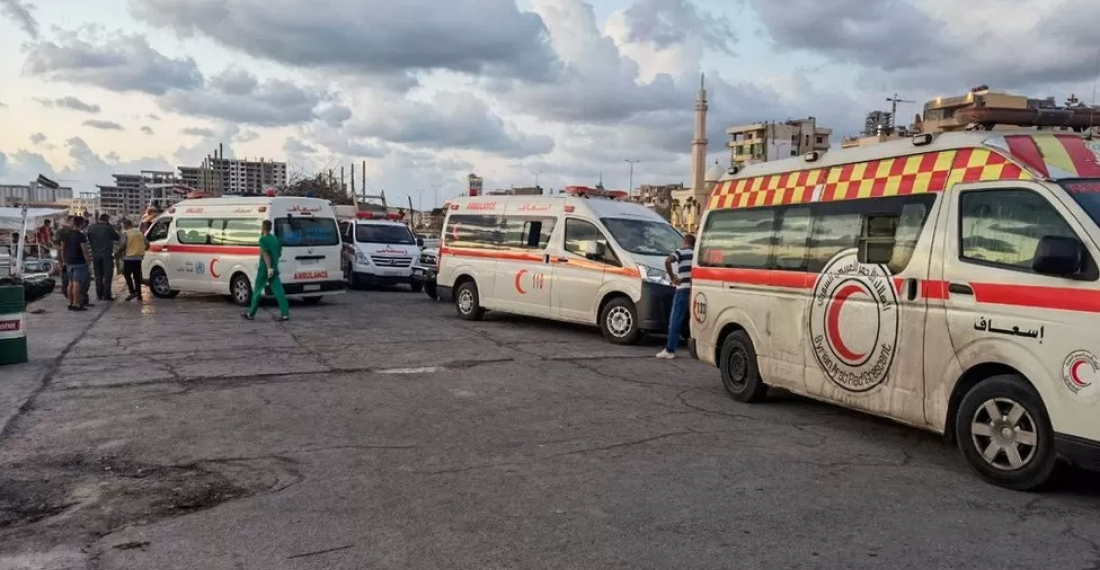According to updated reports on Saturday (24 September), at least 77 people have lost their lives as a result of a migrant boat sinking off the coast of Tartus, Syria, earlier this week.
The boat reportedly departed from near Tripoli, Lebanon, whose economy has been struggling to such an extent recently that the World Bank has described the 2019 Lebanese financial crisis as one of the worst in modern times. As a result of an increasingly dire economic situation exacerbated by both COVID-19 and the 2020 Beirut port explosion, many people are seeking better opportunities in Europe.
The deteriorating economic situation in Lebanon has created opportunities for illegal immigration. Migrants from Palestine and Syria are also joining Lebanese refugees boarding boats in Lebanon, resulting in the boats often becoming overcrowded. According to the UNHCR, Lebanon hosts the largest number of refugees per capita in the world.
Lebanese officials reported that more than 100 people were on board the sinking boat, while Syrian authorities claim that around 150 people were on board, meaning that several dozens of people are still unaccounted for. Of those on board, the majority were Lebanese or Syrian.
Tartus lies approximately 50km from Tripoli, where the boat is believed to have departed earlier this week.
The incident is not the only one of its kind to have occurred this year. In April 2022, an overcrowded boat sank off the coast of Tripoli, where dozens of people died after a confrontation with the Lebanese navy. Some claimed that the navy had rammed the boat, while official reports say that the boat had performed reckless manoeuvres in an attempt to escape from authorities.
Earlier this month, the Turkish coastguard intercepted another migrant boat off the coast of Mugla, where 73 people were rescued but six unfortunately drowned, two of which were babies.
Rescue attempts are still ongoing.







